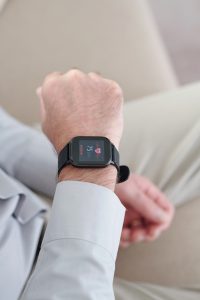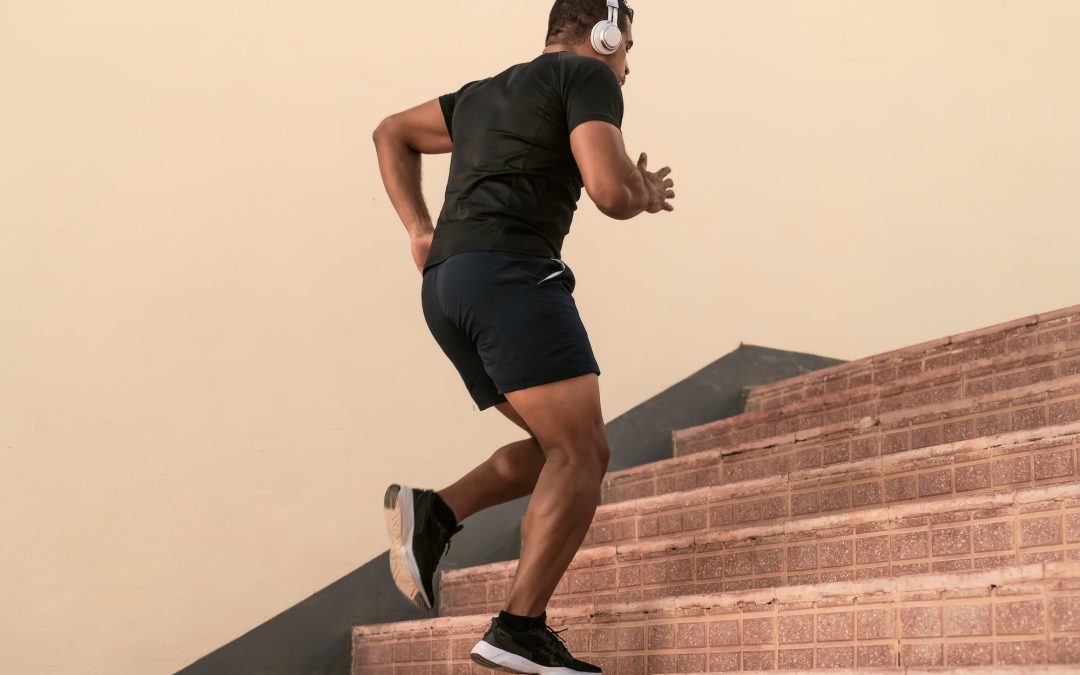If you want to get information about your heart health, you can do it at home. Find out how to check your heart health without any equipment.
According to the U.S. Centers for Disease Control and Prevention (CDC), heart disease is the leading cause of death in the country, with someone having a heart attack every 40 seconds. Therefore, it’s essential that you stay on top of your heart health.
While you should definitely leave some heart health metrics to your doctor, there are certain things you can easily check at home. The following are simple ways you can monitor your own heart health without the use of any special devices.
Take the Stairs
According to a 2020 study by the European Society of Cardiology, you can check your heart health by timing yourself as you take four flights of stairs. “If it takes you more than 1½ minutes to ascend four flights of stairs, your health is suboptimal, and it would be a good idea to consult a doctor,” explains Dr. Jesús Peteiro, the study author and a cardiologist at University Hospital A Coruña, Spain. The study shows that 58% of patients who took longer than 1½ minutes had abnormal heart function during a treadmill examination.
Measure Your Heart Rate
 Your heart rate is a basic measurement of heart health and it’s easy to measure at home without equipment. It also changes depending on how much you’re exerting yourself; high stress and physical exertion increase it while it beats more slowly during moments of relaxation and sleep. You can measure two types of heart rate at home: resting heart rate and maximum heart rate.
Your heart rate is a basic measurement of heart health and it’s easy to measure at home without equipment. It also changes depending on how much you’re exerting yourself; high stress and physical exertion increase it while it beats more slowly during moments of relaxation and sleep. You can measure two types of heart rate at home: resting heart rate and maximum heart rate.
Resting heart rate refers to your pulse when you’re relaxed and still. Typically, healthy adult heart rates will range from 60 to 100 beats per minute (bpm), but age also affects it. For example, someone in their 30s will generally have a target resting heart rate of 95 to 162 bpm while someone in their 70s will have one of 75 to 128 bpm.
On the other hand, maximum heart rate refers to your heart rate during exercise and it’s the highest your heart rate should ever go. To measure it, simply subtract your age from 220. If you’re doing moderate-intensity exercise, you should aim for anything between 64% and 75% of your maximum heart rate. Ultimately, it has to do with how much aerobic capacity your body has.
Checking on Your Heart
 By doing the stairs test and checking your heart rate, you can get a good sense of your heart’s current status. However, these shouldn’t replace checkups with your doctor. Make sure you visit your doctor regularly and check up on your heart disease risk factors. Remember, high cholesterol, diabetes, and other factors can only be diagnosed and measured properly by a professional.
By doing the stairs test and checking your heart rate, you can get a good sense of your heart’s current status. However, these shouldn’t replace checkups with your doctor. Make sure you visit your doctor regularly and check up on your heart disease risk factors. Remember, high cholesterol, diabetes, and other factors can only be diagnosed and measured properly by a professional.
If you want to give your heart an extra boost, then practice healthy habits like exercising regularly, eating healthily, and taking L-arginine Plus. Its ingredients promote circulation, blood pressure, cholesterol, and more. Give your health the support it needs by staying up to date on your heart health and taking L-arginine Plus.

